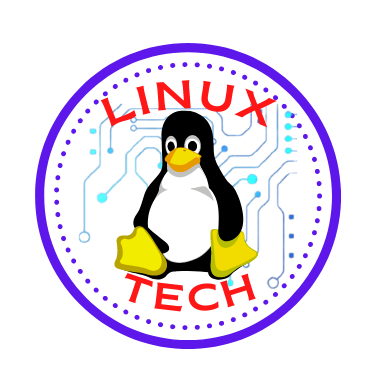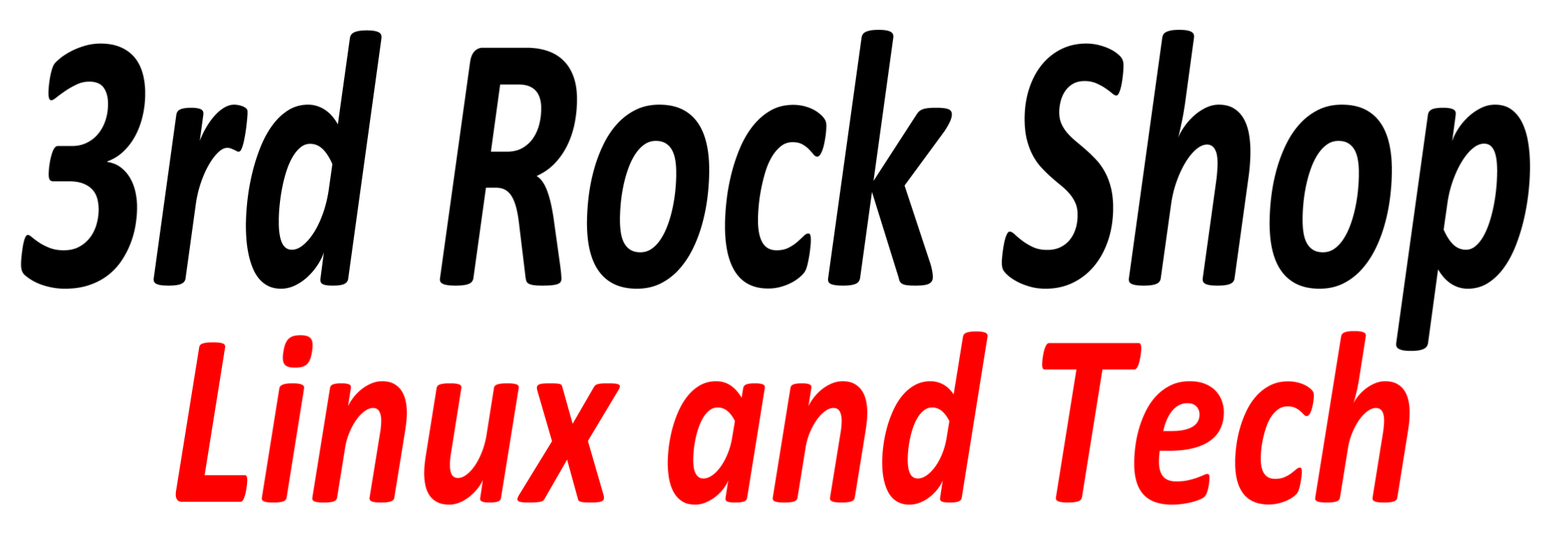The Evolution of Linux: From Hobby Project to Global Phenomenon
3 min readIntroduction
Linux, the open-source operating system that powers countless devices and infrastructure around the world, has a fascinating history. It all started as a humble hobby project by a Finnish computer science student, Linus Torvalds, in 1991. Little did he know that his creation would eventually become a global phenomenon, shaping the digital landscape and powering a significant portion of the internet.
The Genesis: Linus Torvalds and His Hobby Project
In 1991, Linus Torvalds, a student at the University of Helsinki, set out to create an operating system as a hobby project. He was inspired by the Unix operating system but wanted to create something similar and freely accessible. Thus, he released the first version of Linux, a Unix-like kernel, and made it open-source from the outset. This decision laid the foundation for the collaborative and community-driven nature of Linux’s development.
The Power of Open Source and Collaborative Development
One of the key factors behind Linux’s rapid growth and success was its open-source nature. Being open source means that the source code of the operating system is freely available to anyone, allowing developers worldwide to contribute, modify, and distribute the software. This collaborative development model fostered a vibrant community of programmers who worked together to improve and expand Linux’s capabilities.
The Rise of Distributions
As Linux grew in popularity, various distributions emerged. A Linux distribution (or distro) is a complete operating system that includes the Linux kernel along with additional software and tools. Distributions allowed users to choose a customized version of Linux that suited their needs and preferences. Some popular distributions include Ubuntu, Debian, Fedora, and CentOS.
The Impact on the Server and Enterprise Market
Linux’s stability, security, and flexibility quickly caught the attention of the server and enterprise markets. Large companies and organizations started adopting Linux for their data centers, web servers, and cloud infrastructure. Its reliability and cost-effectiveness compared to proprietary alternatives made it a preferred choice for powering critical systems.
Penetration into Mobile and Embedded Systems
Linux’s adaptability and ability to run on a wide range of devices made it a natural fit for mobile and embedded systems. Android, the most widely used mobile operating system, is built on a modified version of the Linux kernel. Moreover, Linux found its way into various smart devices, IoT gadgets, and appliances, showcasing its versatility.
Linux and the Desktop
While Linux has been immensely successful in server and embedded spaces, its journey on the desktop has been more challenging. Desktop Linux faced competition from well-established operating systems like Windows and macOS. However, dedicated Linux enthusiasts and developers continued to work on creating user-friendly desktop environments and applications, leading to a growing community of desktop Linux users.
Linux’s Influence on Modern Technology
The impact of Linux extends beyond just being an operating system. Its open-source philosophy has inspired various other projects and initiatives in the technology world. For instance, the emergence of Git, the version control system developed by Linus Torvalds, was heavily influenced by Linux’s collaborative development model.
The development of Linux is a remarkable journey that demonstrates the power of open-source collaboration and community-driven innovation. From its origins as a hobby project by Linus Torvalds, Linux has evolved into a globally recognized and widely adopted operating system. Its influence on various aspects of modern technology, from servers to mobile devices and beyond, cements its status as a driving force in the digital age. As we look to the future, Linux’s growth and development show no signs of slowing down, promising exciting advancements and possibilities in the world of computing.

